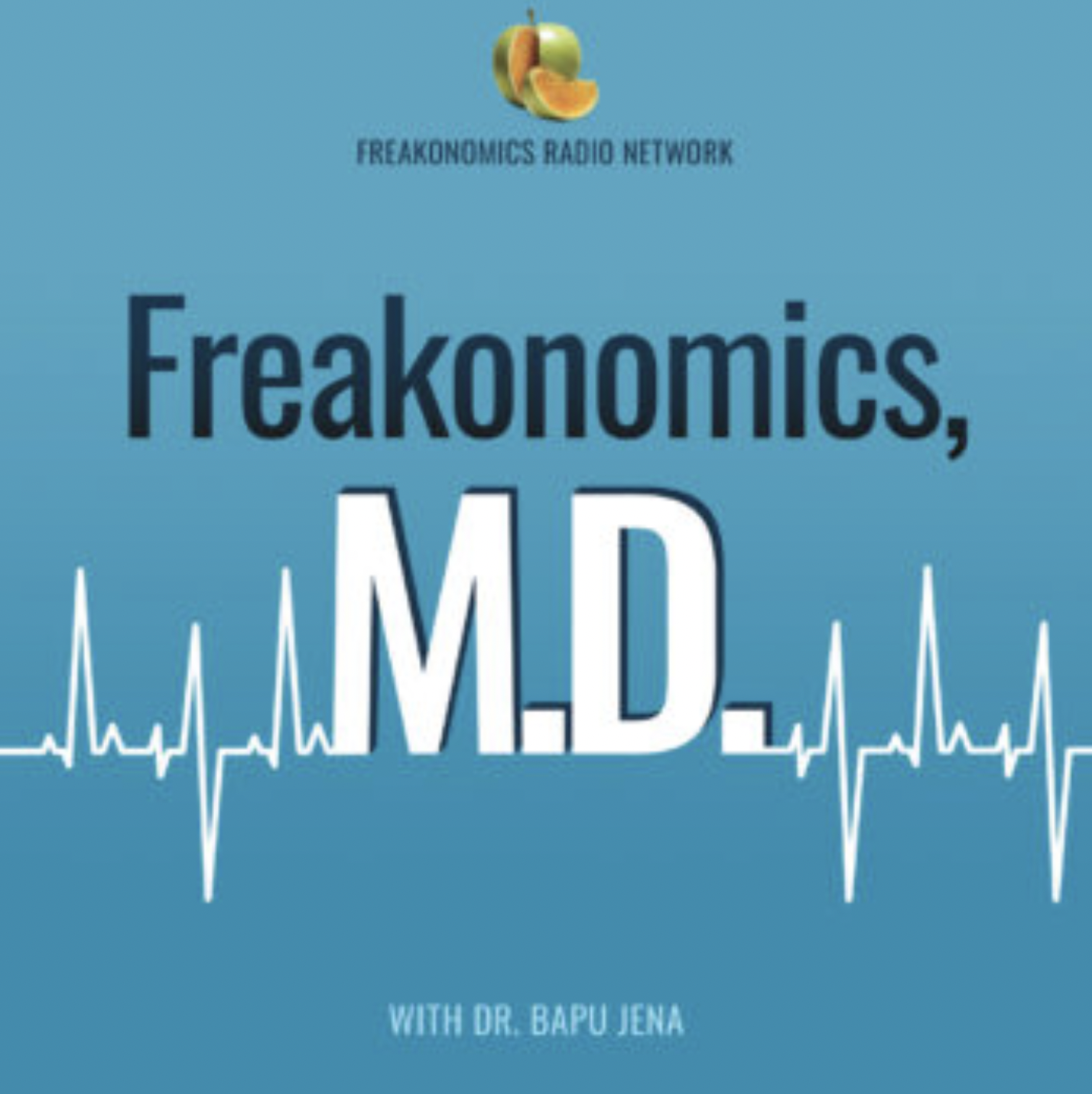The newly-passed Inflation Reduction Act has the power to combat growing income and wealth and inequality in the United States, explains a new Equitable Growth article. Author David Mitchell underscores how key climate provisions of the act will be paid for by increased taxes on the wealthy, mentioning tax-evasion research from Gabriel Zucman. Read the article here.
Emmanuel Saez & Gabriel Zucman on Realtime Inequality
A New York Times opinion piece by Peter Coy spotlights realtimeinequality.org, an online tool created by Emmanuel Saez and Gabriel Zucman, which shows which income groups benefit from wealth growth in the United States. Based on Saez + Zucman’s work, Coy emphasizes that economic performance evaluations should go further than simple GDP growth. Read the piece here, and check out more press coverage of Realtime Inequality by NPR, VoxEU, and Bloomberg.
Ellora Derenoncourt on Shortcomings of the Great Migration
A new piece from Inequality.org cites research by affiliate Ellora Derenoncourt to explain the shortcomings of the Great Migration. Resulting from the racist violence of 1919’s “Red Summer,” in addition to policies driving de-industrialization, ghettoization of African Americans, white flight, and mass incarceration, outcomes for third-generation Black children in the North today look no better than outcomes for their Southern counterparts. Read the article here.
Michael Reich on the California Living Wage Act
A new Opinion piece published in the Los Angeles Times cites research from affiliate Michael Reich on the California Living Wage Act to substantiate calls for a minimum wage increase. Reich found that the Act would have a negligible contribution to inflation – but as the measure failed to qualify for the 2022 ballot, LA Times author Isaac Lozano suggests a wage increase is in the hands of the state legislature. Read the article here.
Hilary Hoynes testifies to the House Budget Committee
O-Lab Director Hilary Hoynes testifies to the House Budget Committee, reviewing research that shows safety net programs for children are cost-effective investments with long-term impacts on children’s life outcomes. Read the report and watch the hearing here.
Amy Lerman on "Clean Slate" Justice Laws
In a new piece for WIRED, Amy Lerman weighs in on ‘clean slate’ laws – which keep criminal records from being publicly available – as policies to reduce discrimination against the formerly incarcerated. While these laws have bipartisan support, Lerman’s research demonstrates that “automating record clearance alone is not going to be sufficient to reduce racial disparities in who has a criminal record.” Read more here.
Ellora Derenoncourt on Racial Wealth Inequality
Despite progress made since the civil rights movement, efforts toward reducing racial wealth inequality are stalling, highlights NPR Planet Money. The latest edition of the newsletter features new research from affiliate Ellora Derenoncourt and coauthors that constructs the first continuous dataset on wealth inequality between Black and white Americans, dating back to 1860. Read more here.
Hilary Hoynes on Investing in Children
A new New York Times Opinion piece by Bryce Covert argues that the United States should do more to keep young people out of poverty through expanded social programs. O-Lab Faculty Director Hilary Hoynes notes that, compared to other countries, the United States spends far less money on reducing its child poverty rate – despite the proven success of programs that target poverty among the elderly, like Social Security. Read more here.
Jesse Rothstein on Job Prospects for the College-Educated
College-educated workers struggle to reach the middle class more so than previous generations, impacting politics and labor activism. A New York Times article by Noam Scheiber discusses associated consequences for unionization, featuring research from Jesse Rothstein that finds that job prospects for the college-educated had not recovered ten years after the Great Recession. Read more here.
Patrick Kennedy and Harrison Wheeler Featured in the New York Times
O-Lab fellows Patrick Kennedy and Harrison Wheeler were featured in a recent New York Times article for their research on opportunity zone investments. Their study showed that a 2017 tax break for investors in economically struggling neighborhoods only increased investment in regions that were already becoming “richer and whiter,” with almost no investment in rural areas at all. Check out the article and read the full paper here.
Ziad Obermeyer on Artificial Intelligence in Medicine
Ziad Obermeyer was recently featured on an episode of Freakonomics MD, in which he shared new research finding that artificial intelligence may be better equipped to predict heart attack risk than doctors. Still, Obermeyer emphasizes shortcomings – noting that many Ai algorithms have been proven to exhibit significant racial biases. Read more here.
Enrico Moretti on how costs affect living standards
A recent New York Times article explores how smaller towns and rural areas are seeing a new revival, as workers are enticed by lower costs of living. The piece mentions research from Enrico Moretti & Rebecca Diamond, which demonstrates significant differences in living standards based on geographic location, holding income constant. Read more here.
Ziad Obermeyer on High-Quality Healthcare Data
Nightingale Open Science, cofounded by affiliate Ziad Obermeyer, aims to connect researchers with high-quality medical data in order to improve the use of artificial intelligence in healthcare. A recent piece in WIRED highlights the importance of these efforts, in the face of biased algorithms resulting from skewed datasets. Read more here.
Enrico Moretti on the "Geography of Jobs"
A new piece in Forbes features Enrico Moretti’s research on the “geography of jobs” – in particular, how high rates of skilled labor inmigration and labor market clustering allow regions like Silicon Valley to continue growing in the face of high costs of living. Still, author Richard McGahey notes that this means low- and middle-income households struggle for a place in the housing market. Read more here.
David Card and Hilary Hoynes are Leaders in Economics' "Credibility Revolution"
Paul Krugman recently wrote an opinion piece for the New York Times on the “Credibility Revolution” in economics. This shift in thinking, according to Krugman, stems from economists like David Card and Hilary Hoynes, who are putting evidence and data at the forefront of their research. Read the article here.
Solomon Hsiang on Estimating the Social Cost of Carbon
Sol Hsiang recently co-authored a study published in Nature quantifying the social costs of carbon emissions by “characterizing how additional CO2 emissions today impact future economic outcomes through altering the climate.” Read the publication here.
David Card Awarded Nobel Prize in Economics
On October 11th, David Card was awarded the 2021 Nobel Prize in Economics along with Joshua Angrist and Guido Imbens. Card has pushed the boundaries of the field of labor economics for over three decades, including his landmark 1993 paper with Alan Krueger on a New Jersey minimum wage increase.
Read more about the award and read his 1993 paper here.
Solomon Hsiang on Climate Change Migration
Solomon Hsiang recently appeared in a segment of NPR’s Marketplace discussing how climate change crises such as rising sea-levels and water scarcity could potentially leave over 200 million people without homes in the next 30 years. However, as Hsiang highlights, “migration is tricky … because people have a lot of incentive to stay where they are.” Listen to the episode here.
Hilary Hoynes on the Benefits of Anti-Poverty Programs
Hilary Hoynes was recently featured in a NY Times article by Paul Krugman for her research on the impact of America’s anti-poverty programs on children living in poverty. Her findings showed that “unlike tax cuts for the rich, aid to poor children would largely pay for itself” purely in fiscal benefits alone, on top of the educational and health benefits these programs offer. To learn more, check out full article here.
Hilary Hoynes on What the Expanded Child Tax Credit Means for American Families
Hilary Hoynes recently co-authored an article in Quartz on how the Biden administration’s expanded child tax credit will lift millions of children out of poverty. Hoynes also discusses research surrounding other long-term benefits of the program, including improved health and educational outcomes.





















